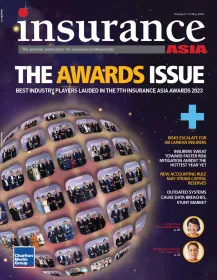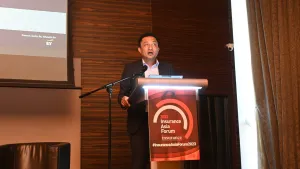
MAS monitors 20% health insurance complaints made due to unsuccessful claims
The majority of the complaints were concerned with treatments not being covered.
The Monetary Authority of Singapore (MAS) said that in the past three years, about 20% of health insurance-related complaints made were due to unsuccessful insurance claims.
According to Tharman Shanmugaratnam, senior minister and minister in charge of MAS, the majority of the complaints relating to unsuccessful claims were concerned with treatments not being covered under the insurance contract, claims that exceeded claim limits or were made after the policy had lapsed, or failure to submit supporting documents required by insurers to assess the claim application.
Meanwhile, less than 5% of health insurance-related complaints received by MAS over the period pertained to unsuccessful claims due to non-disclosure of health conditions.
Shanmugaratnam warned that to reject a claim on grounds of non-disclosure of health conditions, insurers must demonstrate that the non-disclosure is material to the underwriting outcome and that the applicant could be reasonably expected to have disclosed the information during the application for the policy.
“MAS expects insurers to be fair and reasonable to all policyholders, including not rejecting health insurance claims on the basis of undeclared minor and unrelated conditions,” Shanmugaratnam said.
These comments were made after Member of the Parliament Carrie Tan asked whether MAS monitors the annual number of complaints brought by citizens through the relevant channels regarding unsuccessful claims for medical insurance and if so, what percentage of these complaints arise from claims rejected by insurers citing non-declaration of relevant health information; and whether there are data or studies that show the typical number of such incidents reported and what is the probable number of unreported cases.











 Advertise
Advertise












